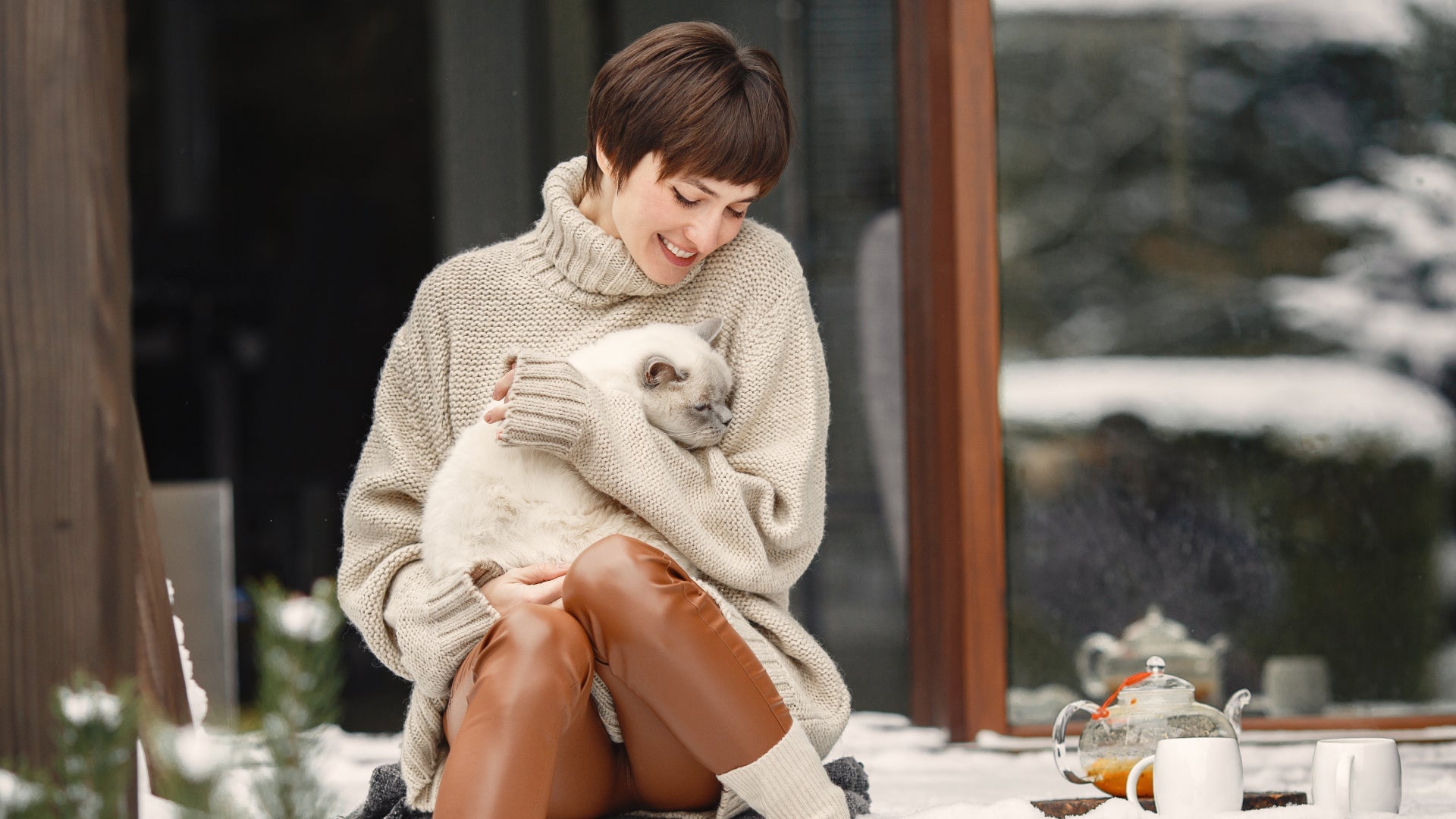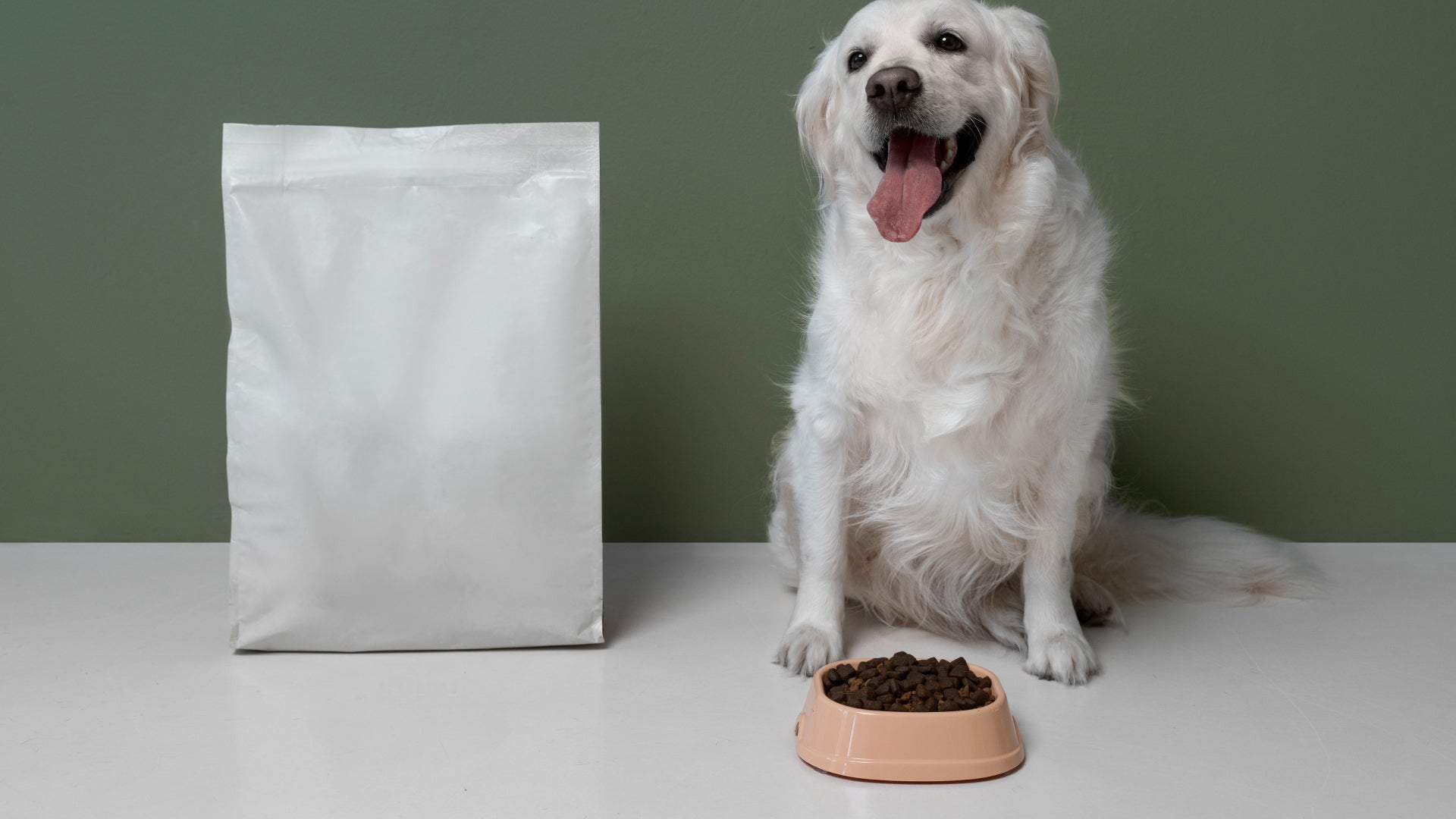Health and Wellness:
Ensuring the well-being of your furry friend begins with their diet. Choosing the right type of food and understanding pet food labels is crucial. Consider your pet's age, size, and specific dietary needs when selecting their meals. Transitioning them to a new diet should be done gradually to avoid digestive upset.
Regular vet check-ups are a cornerstone of responsible pet ownership. Your vet can catch health issues early, administer vaccinations, and provide guidance on pet care.
Training and Behavior:
Positive reinforcement training techniques are a gentle way to teach your pet desired behaviors. Addressing issues like separation anxiety or fear-based reactions takes patience and understanding. Socializing your puppy early sets the stage for a well-behaved adult dog.
Safety at home is paramount. Pet-proofing your living space prevents accidents. Be mindful of potential dangers during holidays or parties when there may be hazardous foods or decorations around. If you travel with your pet, ensure their safety during journeys.
It's wise to create a pet first aid kit for unexpected injuries. Learning basic first aid can make a difference in emergencies. However, know when to seek professional veterinary care, especially for severe injuries or persistent health concerns.
Choosing the right pet food is paramount to your pet's health. Opt for high-quality pet food that suits your pet's age, size, and dietary requirements. When examining pet food labels, focus on the ingredient list; whole meats, vegetables, and grains are preferable to fillers and by-products. Be mindful of portion control, and consult your veterinarian for personalized feeding recommendations to keep your furry friend at a healthy weight.
Regular grooming contributes to your pet's well-being. Brushing your pet's coat not only keeps it shiny but also stimulates circulation and distributes natural oils for a healthier skin and coat. Cats and dogs need dental care too; brushing their teeth and providing dental chews can prevent dental issues and maintain fresh breath. Routine ear cleaning and eye care are also essential to keep your pet comfortable.
Exercise and Play:
Exercise and playtime are vital for your pet's physical and mental health. Dogs require daily walks or active play sessions to stay fit and happy. Cats enjoy interactive toys like feather wands or laser pointers to satisfy their hunting instincts. Rotate toys to keep playtime engaging, and consider puzzle toys to challenge their minds.
Health and Wellness:
Regular vet check-ups are the cornerstone of preventive care. Your veterinarian can spot potential health issues early, ensuring prompt treatment. Vaccinations and preventive medications for parasites are essential. Keep an eye out for any changes in your pet's behavior, appetite, or appearance, as these can be early signs of health problems.
Feeding and Nutrition:
Positive reinforcement training is a gentle way to teach your pet desired behaviors. Patience, consistency, and rewards are key elements. Address behavioral issues like separation anxiety with gradual desensitization techniques. Socialization during puppyhood is essential for a well-adjusted adult dog.
Grooming and Hygiene:
Remember that each pet is unique, so tailor your care routine to their specific needs. By providing proper nutrition, grooming, exercise, and healthcare, you'll ensure a long, happy, and healthy life for your furry companion.
Exercise and Play:
Ensuring the well-being of your furry friend begins with their diet. Choosing the right type of food and understanding pet food labels is crucial. Consider your pet's age, size, and specific dietary needs when selecting their meals. Transitioning them to a new diet should be done gradually to avoid digestive upset.
Health and Wellness:
Regular vet check-ups are a cornerstone of responsible pet ownership. Your vet can catch health issues early, administer vaccinations, and provide guidance on pet care.
Training and Behavior:
Positive reinforcement training techniques are a gentle way to teach your pet desired behaviors. Addressing issues like separation anxiety or fear-based reactions takes patience and understanding. Socializing your puppy early sets the stage for a well-behaved adult dog.




